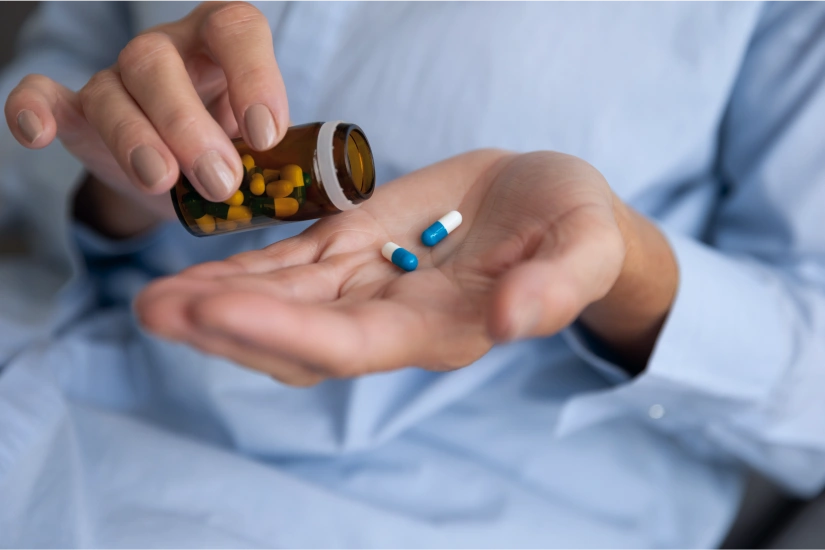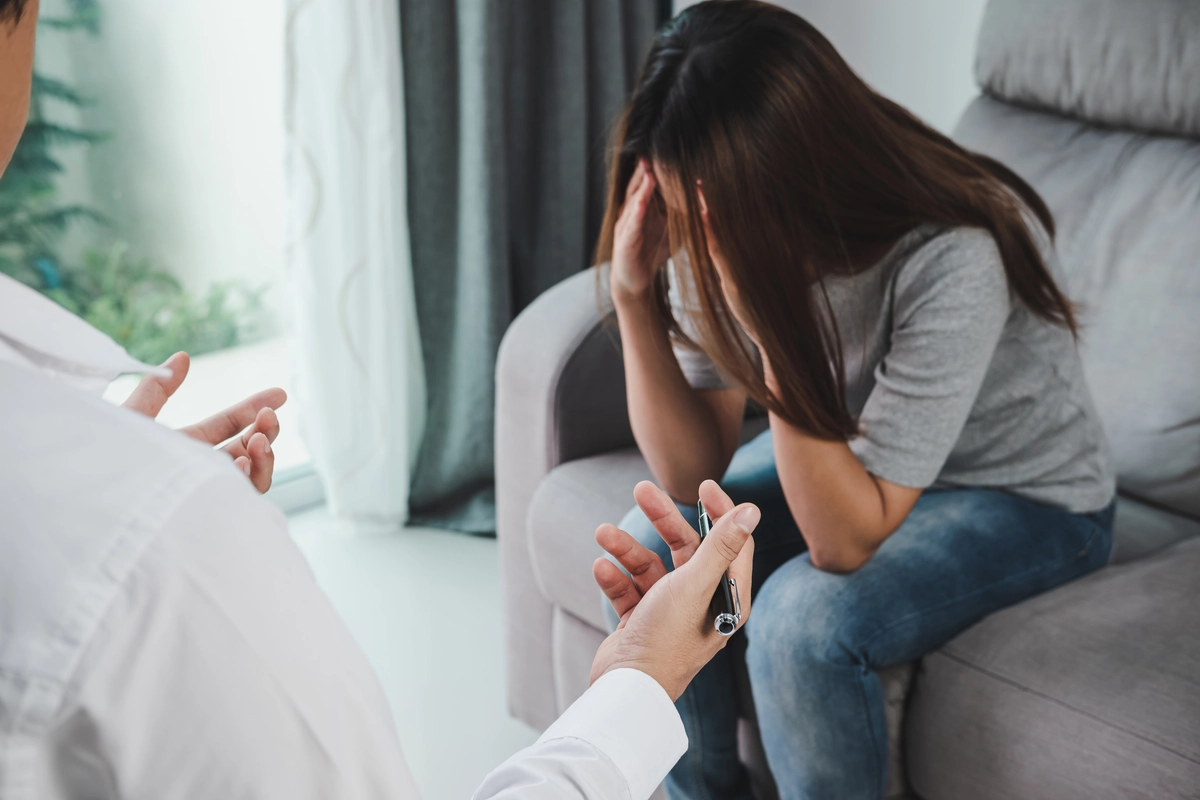24/7 Helpline:
(866) 899-221924/7 Helpline:
(866) 899-2219
Learn more about PTSD Rehab centers in Fruitland Park
PTSD Rehab in Other Cities

Other Insurance Options

Health Partners

Highmark

Magellan

Providence

GEHA

Covered California

Sliding scale payment assistance

Cigna

BHS | Behavioral Health Systems

MHNNet Behavioral Health

Magellan Health

Carleon

Excellus

Evernorth

Self-pay options

Premera
Beacon

UMR

Anthem

Group Health Incorporated







Upper Room Counseling Center
Upper Room Counseling Center is a private rehab located in Fruitland Park, Florida. Upper Room Couns...




